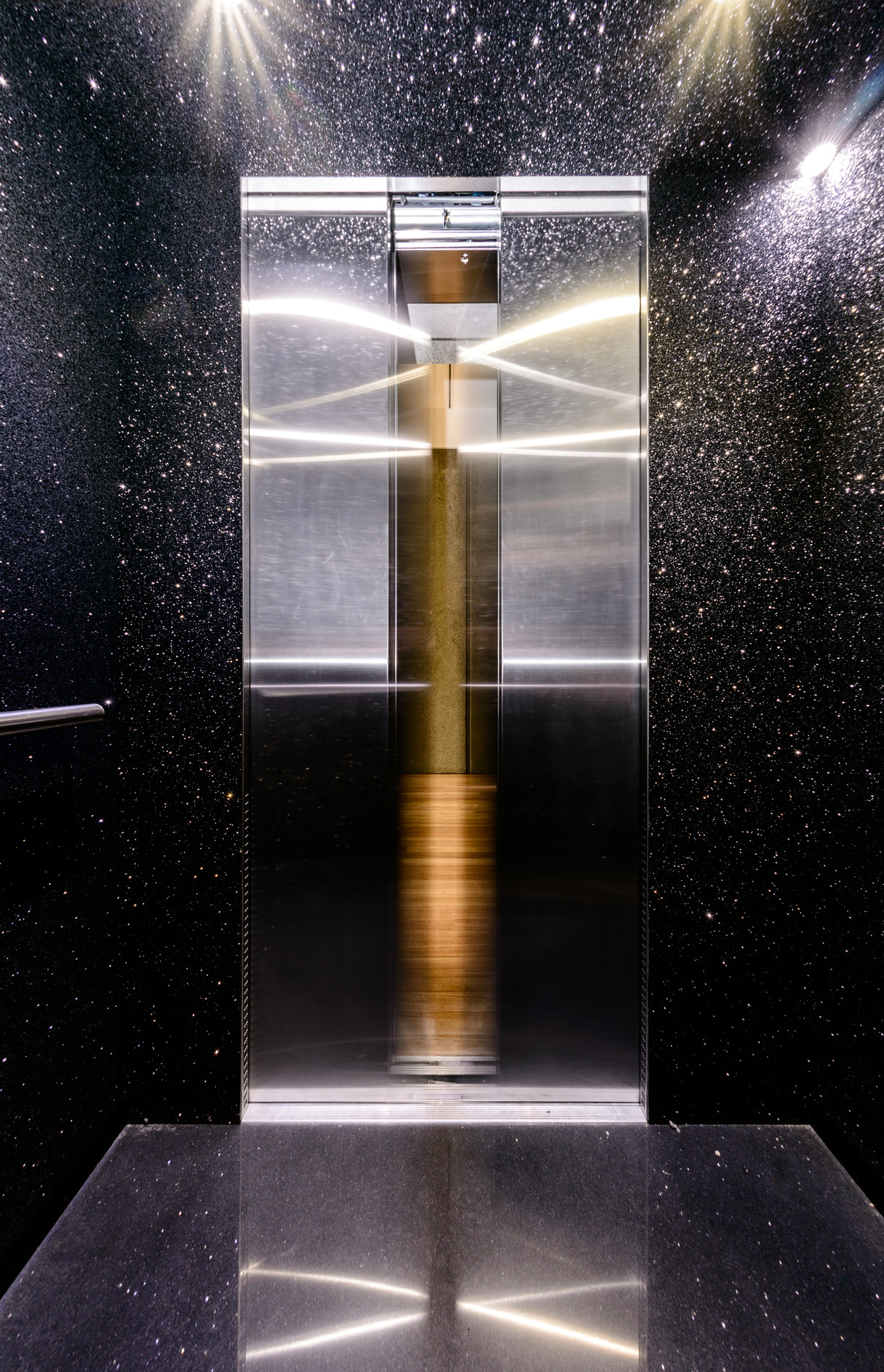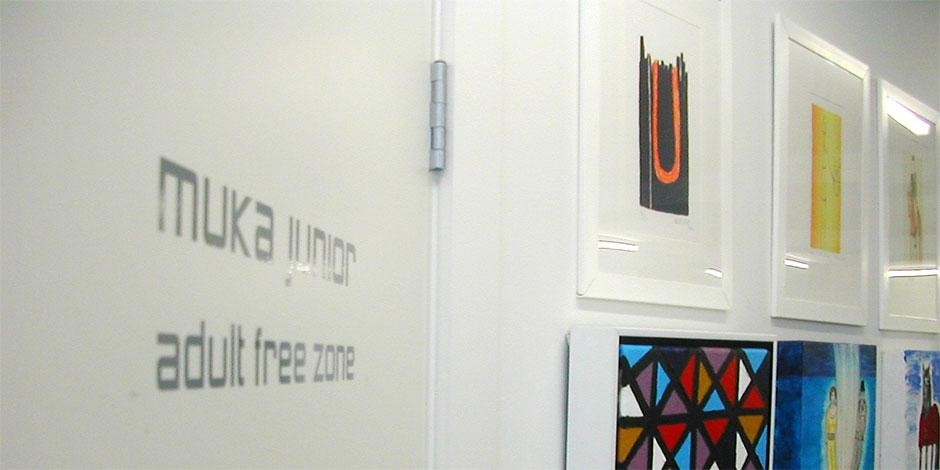B.
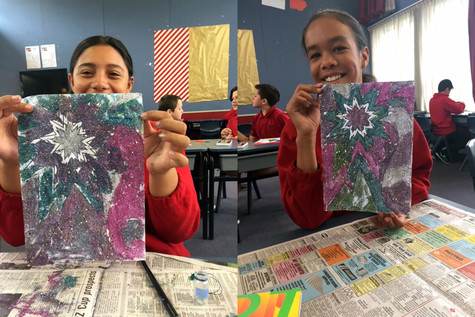
Nesian and Shakaia, Year 6, Glitterdale Bishopdale Primary School, December 2018
Bishopdale School Rulez
Note
12 December 2018.
These Year 6 students at Bishopdale Primary School have knocked it out of the park with their AMAZING glitter artworks from our new ART-TASTIC activity book.
A big CHEERS to Nesian McCausland and Shakaia Clemens for sharing their creativity and all-round awesomeness. And kia ora to Reuben Paterson for the inspiration. #allthatglittersisgold
You can check out our ART-TASTIC book here.
Related reading: Publishing, Family and kids, Art-tastic
Exhibition
Reuben Paterson: The End
Ongoing
Reuben Paterson's sparkling elevator installation offers an unexpected space for contemplation and connection.
film
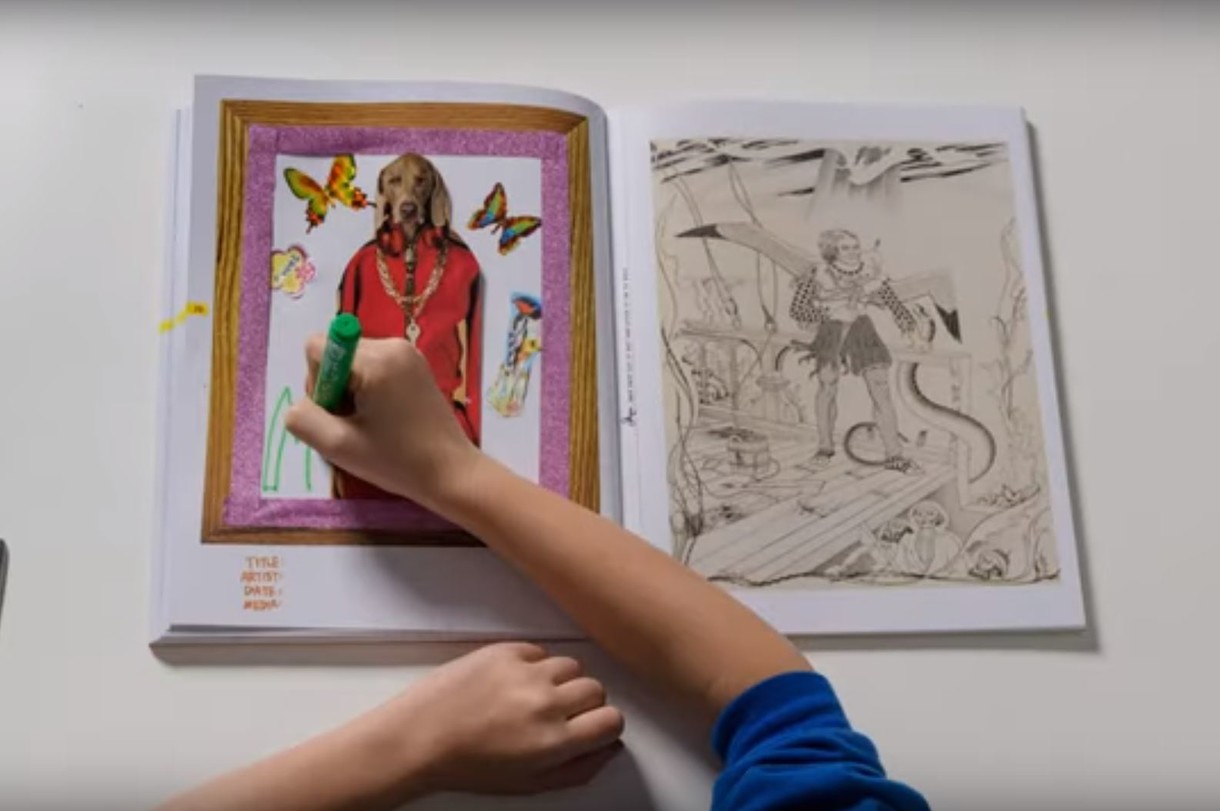
This is ART-TASTIC
Check out our video of our award-winning ART-TASTIC art activity book in action – it’s 37 seconds of fun. And a big thank you and thumbs up to Mila for turning the pages and doing the activities.
Know a kid with a minty-fresh imagination? Click here to order your copy for $29.99.
Notes
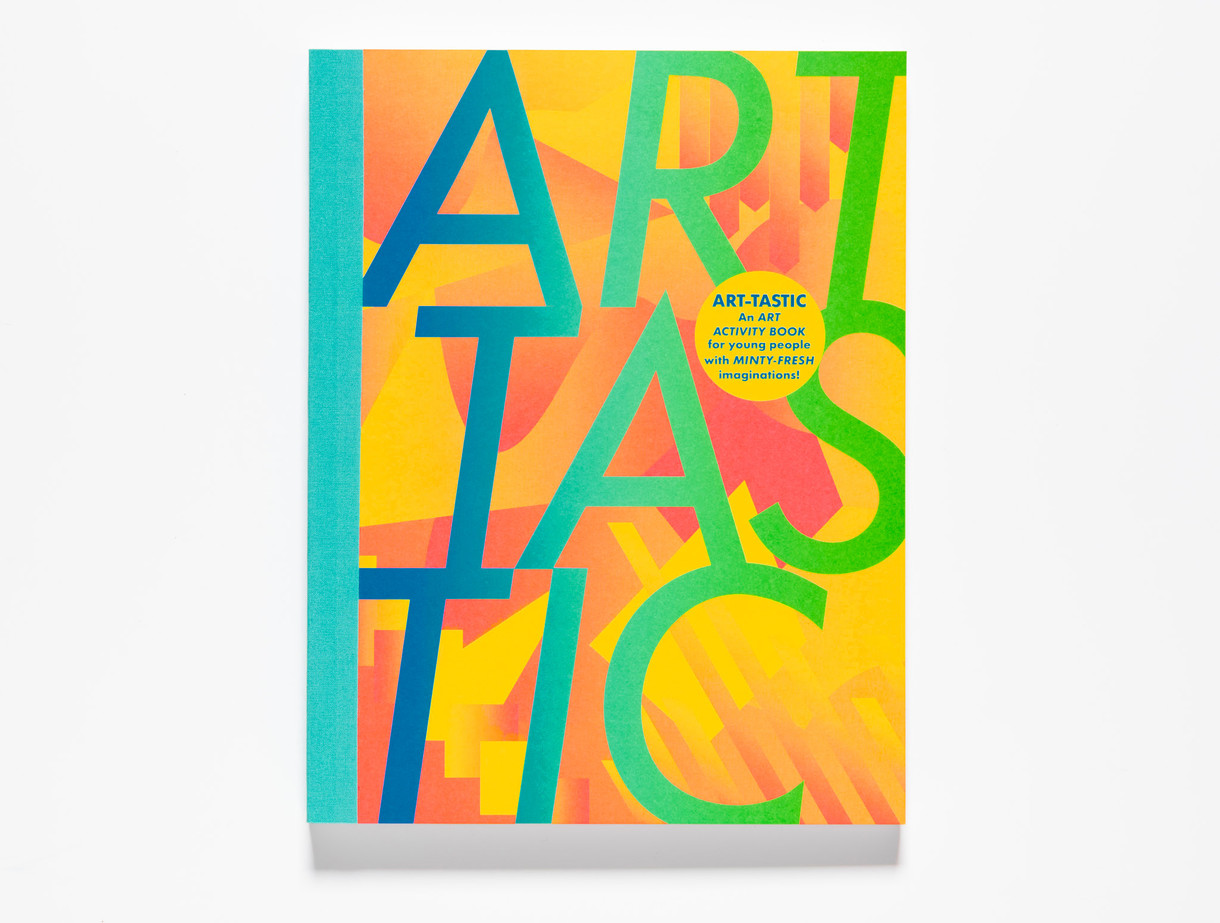
Heck yeah, that happened!
Our very own Art-tastic by our very own Sarah Pepperle won TWO awards at last night's New Zealand Book Awards for Children & Young Adults at Te Papa!!!
Notes
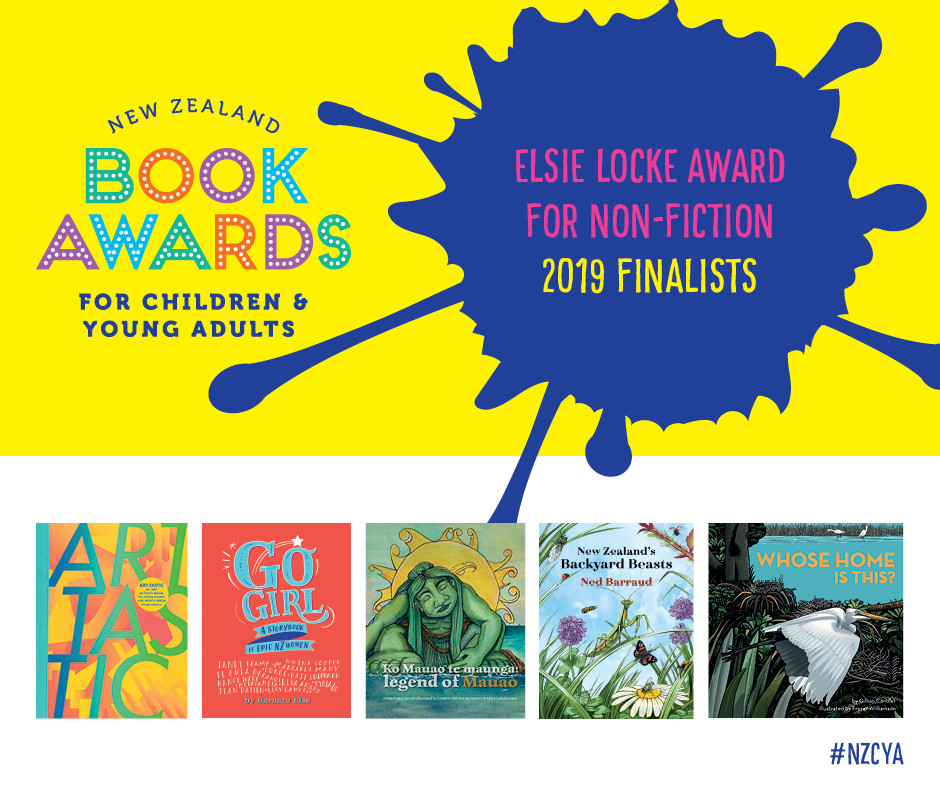
This is ART-TASTIC!!
Our ART-TASTIC art activity book for kids has been nominated for the New Zealand Book Awards for Children & Young Adults! Ka rawe, nice one us! #NZCYA
Notes
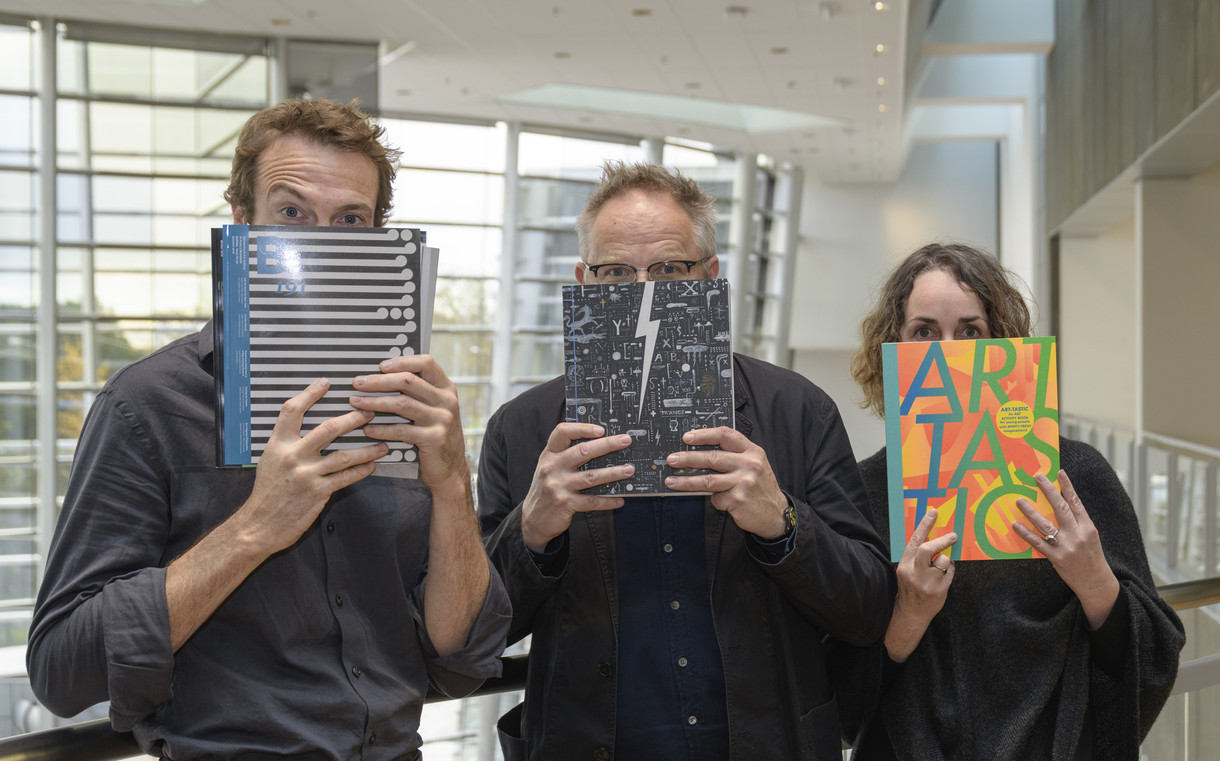
Christchurch Art Gallery scoops major Australasian design awards
Congrats to our publishing team of David Simpson and Sarah Pepperle for a night of bests at the Museums Australasia Publication Design Awards at a gala event in Alice Springs last night. The Gallery won best magazine (Bulletin), best book (Us v Them: Tony de Lautour), best children's book (ART-TASTIC) and best in show (Us v Them)!
Notes
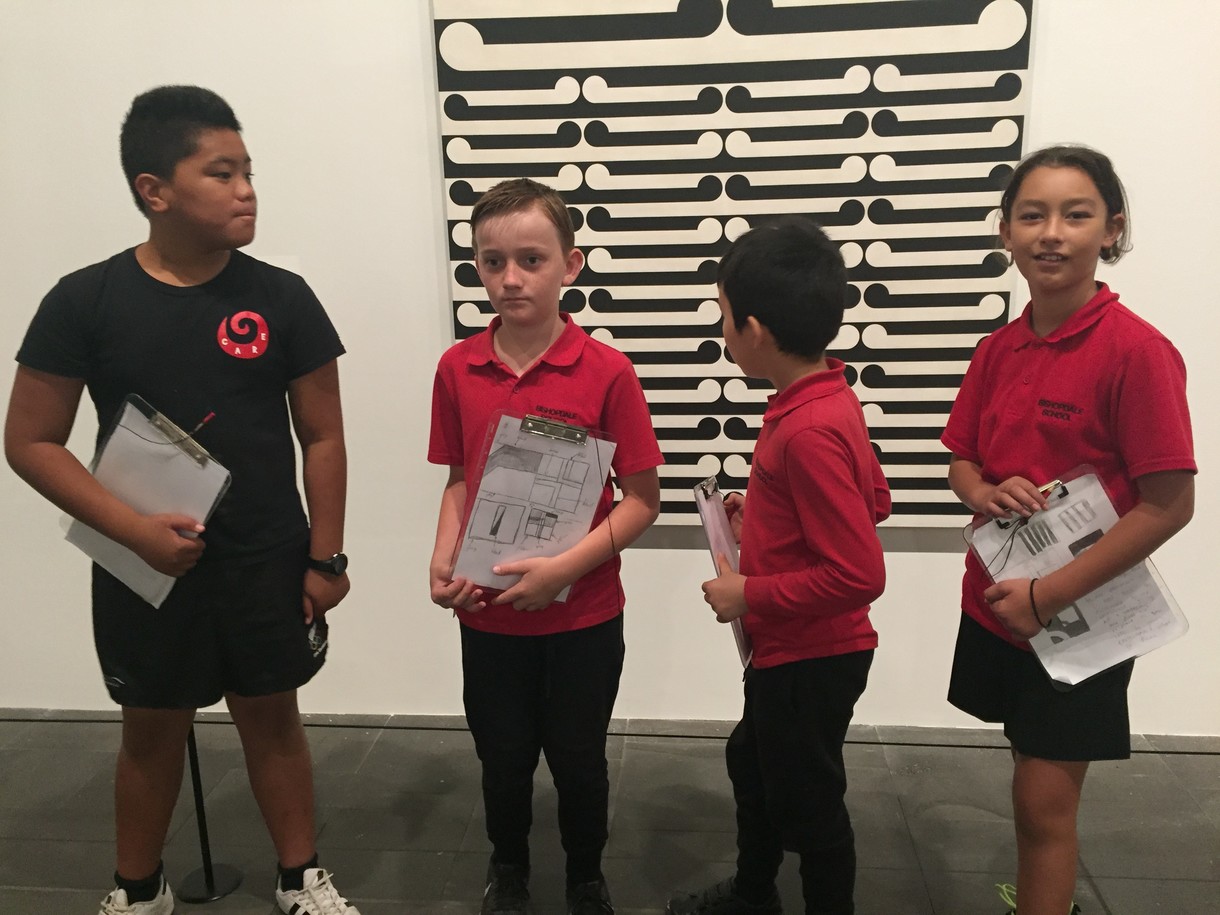
A is for Abstract...
Jairus, Hault, Murtaza, Acacia, Jessica, Peteseta, Brook and Aiyanna from Bishopdale Primary School brought their A-game to the Gallery last week when they came to see our show 'Gordon Walters: New Vision'.
Article
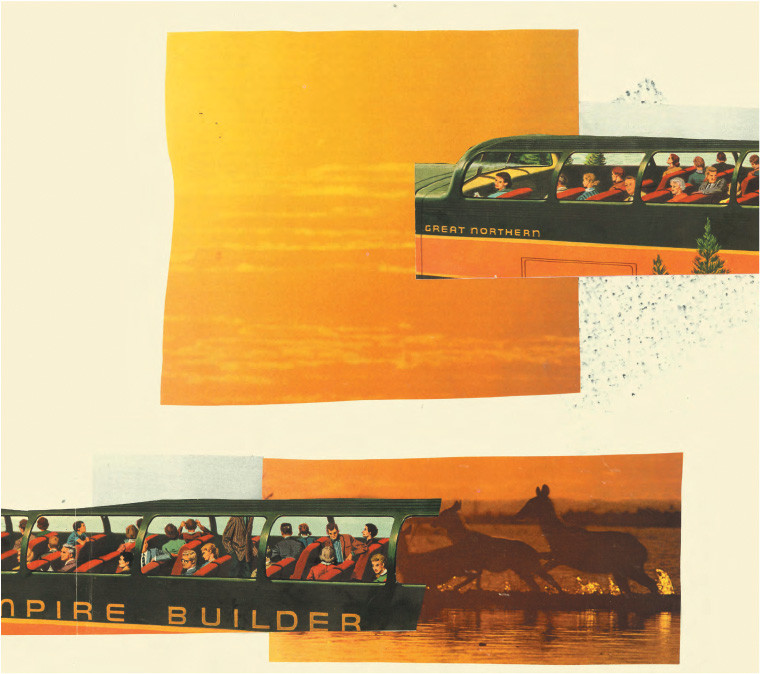
An invitation to participate
You might be well aware of fanzines as a form of analogue self-publishing in and around your own arts community. Or they might be somewhat peripheral to the particularity of your engagement with the arts.
For the uninitiated, the word fanzine is often shortened to zine, and is pronounced 'zeen', as in 'magazine'. This abbreviation doesn't merely signal a growing ubiquity, or an economy of syllables for those (like myself) who say or write the word a lot, it also speaks to the shift away from fandom to a growing eclecticism – bringing the lie to anyone attempting to describe zines as a genre.
Article
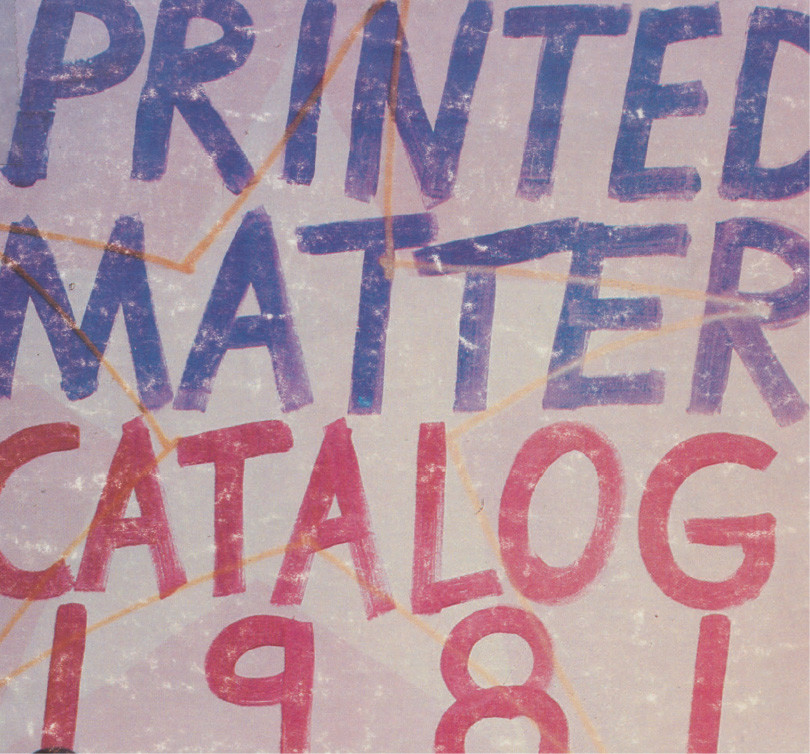
The book as alternative economy and alternative space
In Printed Matter's 1981 mail-order catalogue, artist Edit deAk enthusiastically described the 'many hands at work in the process of making and marketing the book'. Turning the spotlight on individuals and groups involved in the production, distribution and sale of books by artists, deAk likened independent art publishing to activities 'like filmmaking or rock 'n' roll music.' While such comparisons with filmmaking have been relatively scarce over the past few decades, artists, publishers, designers and critics have continued to draw parallels between art publishing and independent music.
Article
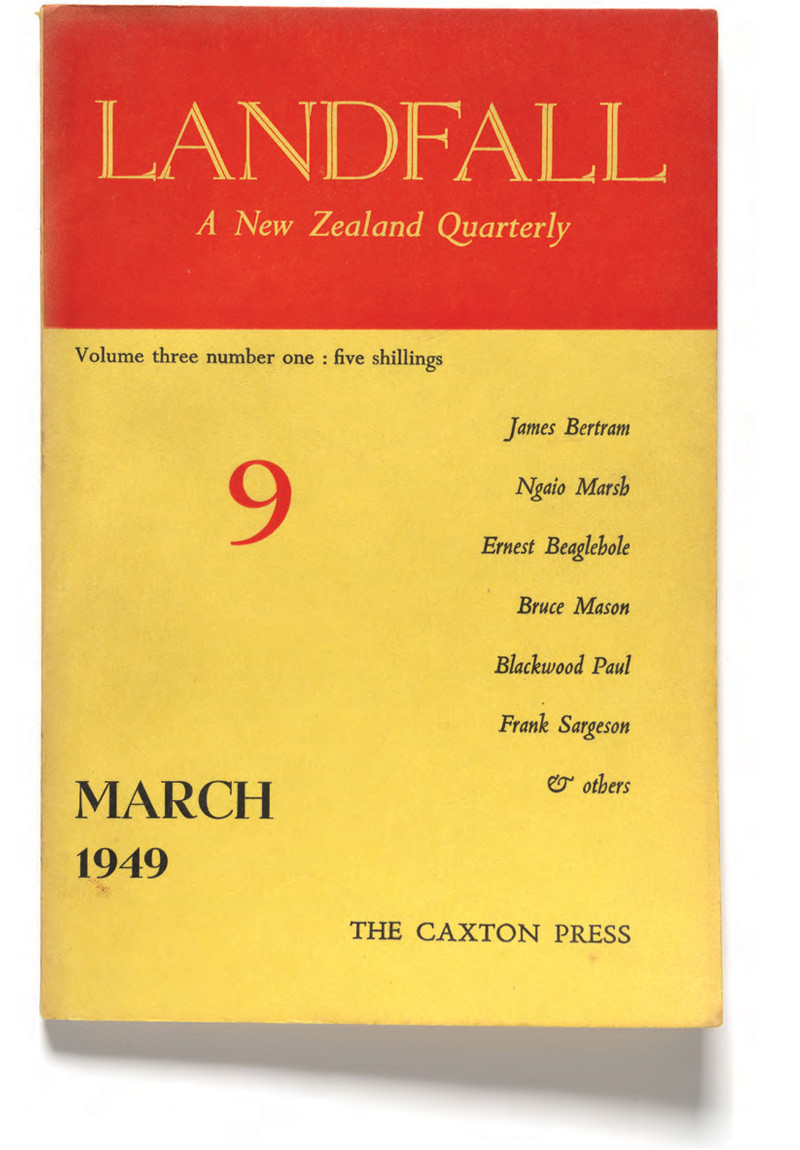
Tomorrow, Book, Caxton Press, Landfall
In the decades before and after the Second World War, Christchurch experienced a remarkable artistic efflorescence that encompassed the visual arts, literature, music, theatre and the publishing of books and journals. And the phenomenon was noticed beyond these islands. For instance, in his 1955 autobiography, English publisher and editor of Penguin New Writing and London Magazine, John Lehmann, wrote (with a measure of exaggeration, perhaps) that of all the world’s cities only Christchurch at that time acted ‘as a focus of creative literature of more than local significance’.
Article
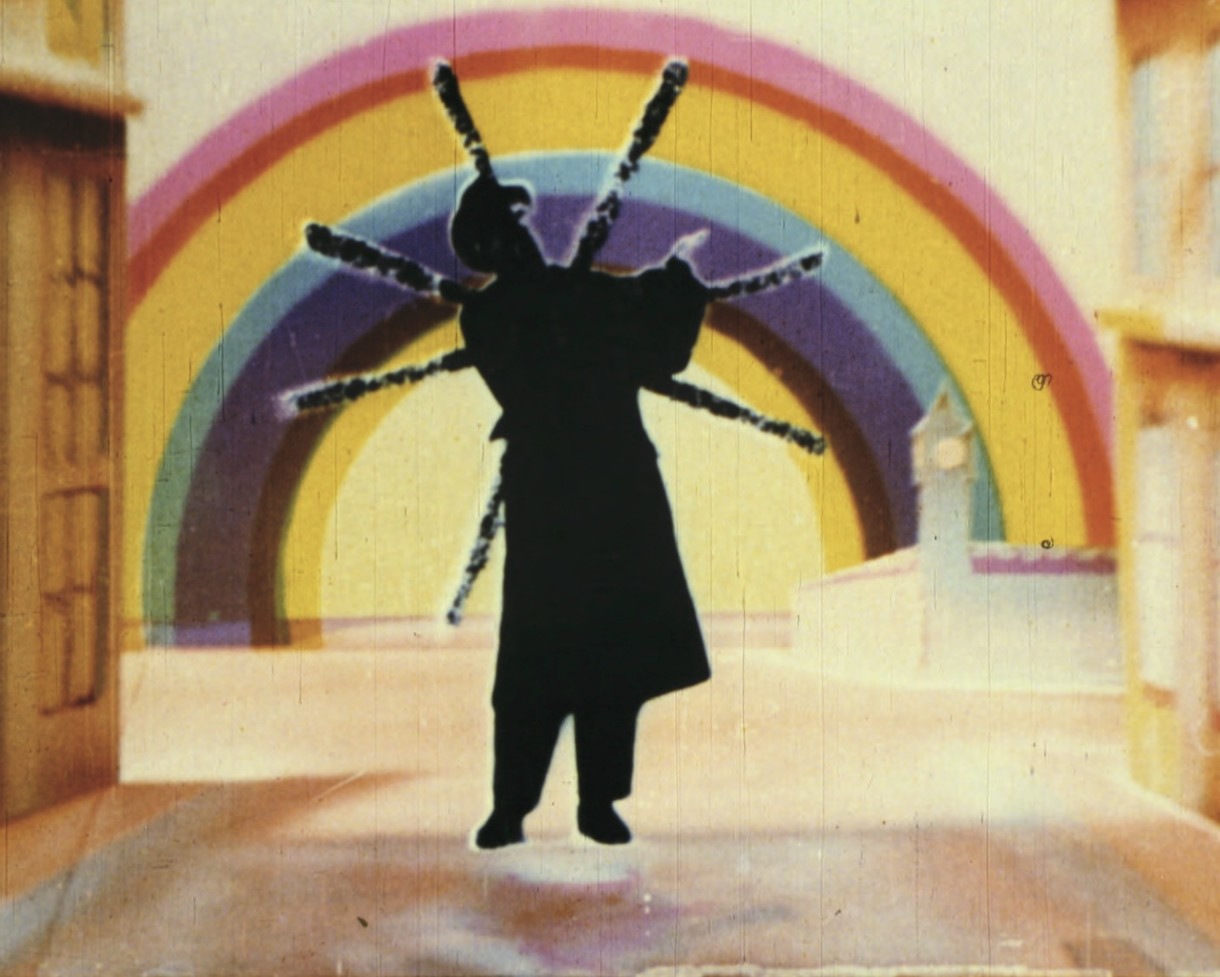
Going online
I’ve never actually seen the Mona Lisa, and it’s a fair bet that most people reading this article haven’t either. Yet, according to Wikipedia, the painting is ‘the best known, the most visited, the most written about, the most sung about, the most parodied work of art in the world’. So how to account for the fame of an artwork we haven’t seen? And what have reproductions of Da Vinci’s sixteenth-century portrait got to teach us about time-based art and the online environment in 2015?
